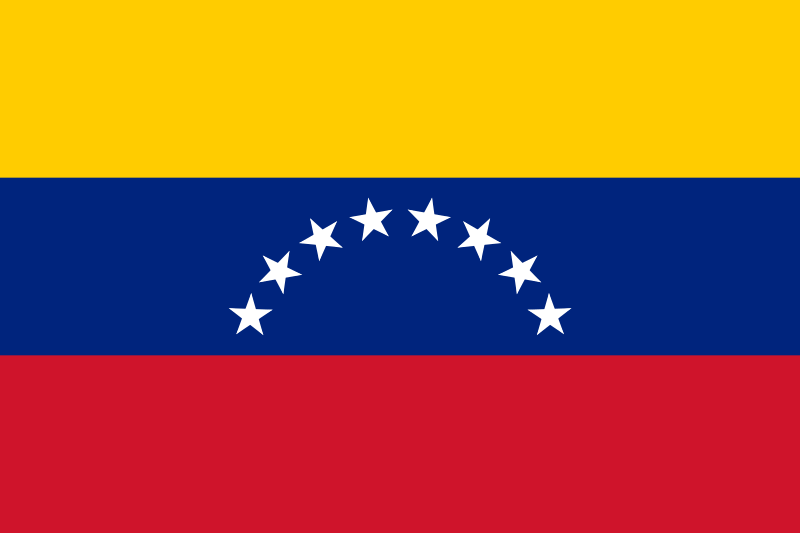Adopting from Venezuela
{{#eimagehttps://farm1.staticflickr.com/189/441130983_0d0633d9ff.jpg410x579px|thumb|A group of children in Venezuela.
Source: flickr.com.}}
Contents
Hague Convention Information
Venezuela is party to the Hague Convention on Protection of Children and Co-operation in Respect of Intercountry Adoption ( Hague Adoption Convention ). Therefore all adoptions between Venezuela and the United States must meet the requirements of the Convention and U.S. law implementing the Convention.
Venezuelan law does not allow for private adoptions. To apply for an international adoption, a U.S. citizen living in the U.S. has to go through the U.S. Central Authority (U.S. Department of State, Bureau of Consular Affairs, Office of Children's Issues) and they will send the request to the Venezuelan Central Authority (Ministry of Foreign Affairs or MFA). The MFA will then send it to the Venezuelan Adoption Authority which is the " Instituto Autónomo Consejo Nacional de Derechos de Niños, Niñas, y Adolescentes" IDENA (Autonomous Institute National Council for Children & Adolescent Rights).
According to Venezuelan law, before an international adoption is approved priority will be given as follows:
- Relatives
- Friend of relatives
- Venezuelans with domicile in Venezuela
- International Adoption
Every adopted child must have a pre-approved adoption in order to leave Venezuela. After a year of living as a family, a family judge will decide upon the final adoption decree.
NOTE: Special transition provisions apply to adoptions initiated before April 1, 2008. Learn more.
Who Can Adopt
Residency
Age of Adopting Parents
Marriage
Income
Other
Who Can Be Adopted
How to Adopt
Adoption Authority
The Process
Traveling Abroad
Applying for Your U.S. Passport
A valid U.S. passport is required to enter and leave Venezuela. Only the U.S. Department of State has the authority to grant, issue, or verify U.S. passports. Getting or renewing a passport is easy. The Passport Application Wizard will help you determine which passport form you need, help you to complete the form online, estimate your payment, and generate the form for you to print-all in one place.
Obtaining Your Visa
In addition to a U.S. passport, you also need to obtain a visa. A visa is an official document issued by a foreign country that formally allows you to visit. Where required, visas are attached to your passport and allow you to enter a foreign nation. To find information about obtaining a visa for Venezuela, see the Department of State's Country Specific Information.
Staying Safe on Your Trip
Before you travel, it's always a good practice to investigate the local conditions, laws, political landscape, and culture of the country. The State Department is a good place to start. The Department of State provides Country Specific Information for every country of the world about various issues, including the health conditions, crime, unusual currency or entry requirements, and any areas of instability.
Staying in Touch on Your Trip
When traveling during the adoption process, we encourage you to register your trip with the Department of State. Travel registration makes it possible to contact you if necessary. Whether there's a family emergency in the United States, or a crisis in Venezuela, registration assists the U.S. Embassy or Consulate in reaching you. Registration is free and can be done online.
After Adoption
What resources are available to assist families after the adoption?
Many adoptive parents find it important to find support after the adoption. Take advantage of all the resources available to your family -- whether it's another adoptive family, a support group, an advocacy organization, or your religious or community services.
Here are some good places to start your support group search:
Child Welfare Information Gateway
North American Council on Adoptable Children
Adoption Services Support Group for Adopting Persons
SOURCE
Intercountry Adoption, Bureau of Consular Affairs. U.S. Department of State Country Information






